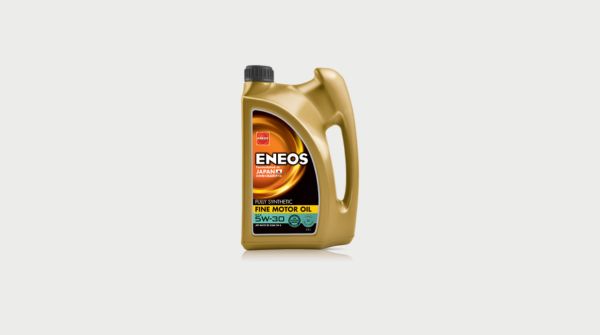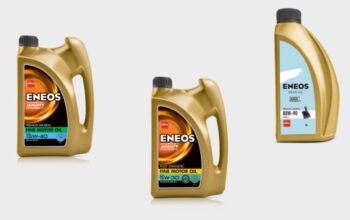In the case of cars, everyone focuses on what they can see – design, comfort, technology, or performance. Yet a whole universe under the hood receives little attention but contributes immensely towards overall efficiency and cost. Of these, oil is one of the most underappreciated yet essential contributors.
Oil seems like an easy fluid flowing through the engine. But actually, it enables numerous essential functions beyond simple lubrication. Each drop carries an economic story with it, determining how much you pay for fuel, maintenance, and the extended life of your vehicle.
Oil’s Role Beyond Lubrication
Oil reduces friction between engine parts, but that is not its only job. It also cools the system by conducting heat away from it, cleans the parts by removing minute particles, and keeps corrosion from building on metal surfaces. All these tasks together help reduce the wear and tear that would otherwise lead to expensive repairs.
By keeping moving parts covered with a protective layer, oil reduces these unnecessary losses of energy. This means that there is less stress on the vehicle and smoother operation. Practically speaking, the oil you use has a straight connection to how effectively the engine operates and how much money you’re spending in the long run.
The Economics of Regular Maintenance
It can be tempting to overlook oil changes if all seems to be well. But the cost of neglect in performing maintenance usually shows up later in the form of reduced fuel economy, increased emissions, and increased trips to the garage. Weaker or older oil is less efficient at cutting down friction and keeping temperatures in check, and the engine has to labour more than it needs to.
In contrast, regular oil changes constitute preventive maintenance. They prevent the buildup of sludge and prolong the life of major components. In economic terms, regularly maintained vehicles save more than they spend.
How Do Advanced Oils Promote Efficiency?
Modern oils are formulated with higher technology to accommodate the requirements of current engines. They are formulated to withstand degradation at high pressures, maintain stability in mixed temperatures, and limit deposit formation.
Another critical factor is their role in sustainability. Reducing internal friction, advanced oils enable engines to run more efficiently, meaning less fuel consumption and lower CO₂ emissions. Far from being a minor detail, oil has a role to play both in cost control and in the environment.
Driving Patterns and Their Impact
How a vehicle is operated also alters the requirements for oil. Stop-and-go city traffic places greater stress on the system, whereas highway driving requires stamina at steady high speeds. In the absence of proper oil to provide for these situations, efficiency can decrease, resulting in higher fuel prices or increased wear.
Using the correct oil for your driving style ensures that the engine stays well-protected in different environments. Over the long term, this decision reduces expenses associated with repairs and helps maintain steady performance.
Oil as a Long-Term Investment
From a wider view, oil is not an expense but an investment. By safeguarding the engine, reducing fuel consumption, and limiting unnecessary work on mechanical components, oil has a direct effect on long-term costs. Even though it is a small piece, it has a significant influence on the economics of car ownership overall.
For the owners, this means that each scheduled oil change and each wise decision to use the right kind of engine oil is not only maintenance but a cost-saving step that will be rewarded with years of ownership. The proper selection of engine oil in compliance with manufacturer guidelines ensures efficiency and protection over the life of the engine.
Final Thoughts
Each drop on the underside of the car is part of a subterranean economy. Though its function may not at all times be evident, its rewards become apparent in lessened costs, fewer problems, and longer engine life. Oil defends, cleanses, cools, and saves not just the car but also the cash that would otherwise be wasted on unnecessary repairs and gas.
No matter for urban commutes or highway travel, the correct oil makes a difference. Take, for instance, the majority of contemporary cars that suggest choices such as 5W-30 fully synthetic oil, offering stability, efficiency, and long-term engine health.
Oil is not only a liquid – it’s a key component that produces both performance and cost savings, mile after mile.








